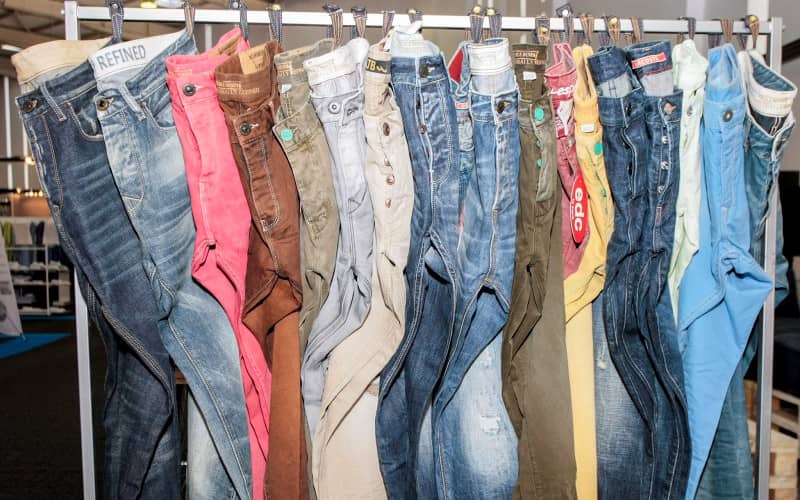Moroccan Textile Industry Calls for Action Against Surge in Egyptian, Turkish Imports

Faced with the massive import of Egyptian and Turkish products, Moroccan textile professionals are calling for the implementation of non-tariff measures and a review of the free trade agreements between the kingdom and these two countries.
Moroccan textile professionals express their discontent in the face of the invasion of the Moroccan market by imported products from Egypt and Turkey. They denounce unfair competition, creating a record trade deficit in favor of these two countries. According to the updated data from the Foreign Exchange Office, Moroccan imports from Egypt have increased from 475 million dirhams in 2023 to 804 million at the end of November 2024, while Moroccan exports to Egypt have plummeted from 17 million to 11 million dirhams.
The trade deficit with Egypt has reached 98%, a situation that worries Anass Al Ansari, president of the Moroccan Association of Textile and Clothing Industries (AMITH). In a statement to Hespress, he explains that investing "in textiles has become risky and largely compromised by the free trade agreements with Egypt and Turkey, not to mention the massive import of second-hand clothing." The official fears an inundation of the local market by Turkish textile products, indicating that the organization of a Turkish textile fair in Casablanca, launched by the Turkish ambassador to Morocco, is additional proof.
Faced with this situation, Moroccan textile professionals are calling for the reevaluation of free trade agreements and the adoption of restrictive measures on raw materials, certificates of origin and imported quantities, stressing that the invasion of Turkish and Egyptian products has negative impacts on exports and transfers of Moroccans residing abroad (MRE), as well as on employment. The sector represents 24% of industrial employment, with 238,000 workers declared to the National Social Security Fund (CNSS), it is recalled.
Wadie Madih, president of the National Federation of Consumer Associations (FNAC), encourages Moroccan industrialists to do everything possible to offer competitive products in terms of quality and price. As for consumers, he has invited them to prefer "Made in Morocco" products. The official also warned against "the practices of certain importers, who flood the market with lower quality products at low prices, to the detriment of the local industry," urging the authorities to strengthen controls on imported textiles, in order to preserve the rights of consumers and domestic producers.
Related Articles
-

Tangier Court Orders Council to Pay 5.4 Million Dirhams in Road Work Dispute
1 August 2025
-

Moroccan Singer’s Husband Murder Trial Delayed: ’Turbo’ and 5 Others Await Justice
1 August 2025
-

Rotten Fish and Health Hazards: Tangier Port Restaurants Under Fire for Hygiene Violations
1 August 2025
-

Polisario Challenges Morocco’s Autonomy Plan: Sahara Conflict Intensifies
1 August 2025
-

Morocco’s Military Modernization: From Apache Helicopters to Homegrown Defense Industry
1 August 2025